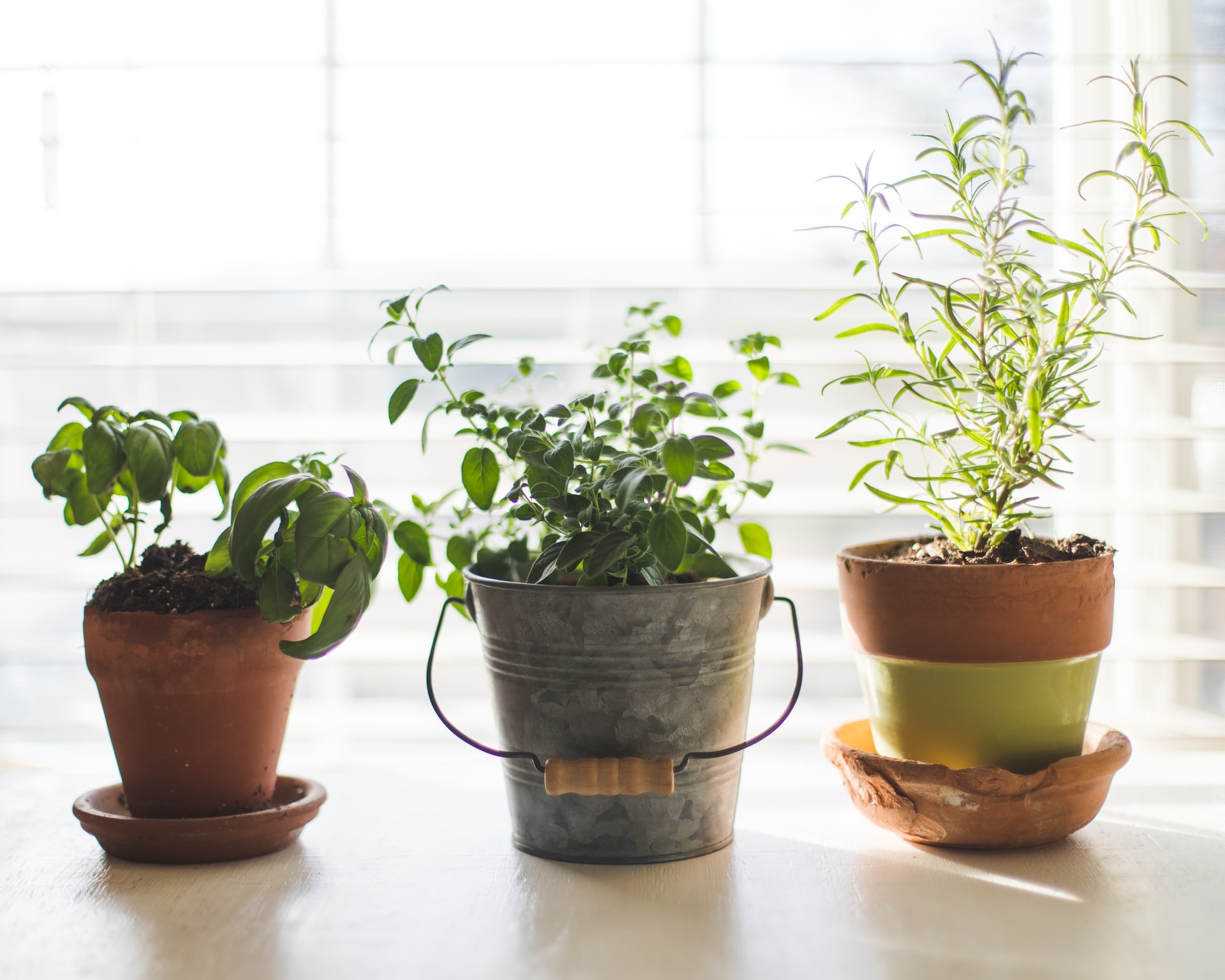Recent Posts
- Home
- Elevate Blog
- Indoor Composting Tips
Indoor Composting Tips
Posted on
If you live in an apartment or do not have access to an outdoor space, you may think that composting isn’t for you. Fortunately it’s still possible for you to reduce your household waste - by composting indoors!
Like Backyard Composting, indoor composting can dramatically reduce your household waste, reduce dangerous methane emissions, and create an end product that enriches the soil.
How do I Compost Indoors?
One way to compost indoors is by using a worm bin, or vermicomposting. Vermicomposting uses both worms and soil microbes to convert organic waste into compost. The compost created consists of worm castings and decayed organic matter, and is as good for the soil as regular (aerobic) compost.
However, some of you may not like the idea of keeping several hundred worms in your home! It may take a little more monitoring and attention to be successful, but you can still set up an indoor composting system without worms.

Indoor Composting Tips
The process for composting indoors is very similar to outdoors! There are just a few tips that can help you be more successful:
- You can re-purpose a plastic or metal bin you may already have, or you can buy an indoor compost bin.
- The bin you choose needs to be the correct size for both where you want to keep it, and to hold the amount of food scraps your household will create.
- Your compost needs air circulation, so make sure there are a few holes in your container!
- You can put most food scraps you would put into an outdoor bin in an indoor one. Fruit and vegetable scraps, coffee grounds, shredded paper, and house plant trimmings.
- Avoid composting very smelly items, as you may end up smelling them in the rest of your home!
- Add a handful of shredded paper or dry leaves every time you add food scraps or coffee grounds.
- You can use a hand trowel or scoop to turn the contents of your compost bin.
- For better results (and to make the most of limited space) make sure you break down anything you put in your bin into smaller pieces.
- Compost naturally generates heat. If your compost feels warm, it is a good sign that it is working!
What do I do with my Compost?
You’re composting indoors because you don’t have a backyard, so what are you going to do with the compost you’ve created?
You could:
- Use it in your house plants
- Offer it to neighbors
- Donate it to schools or community gardens
Why not give indoor composting a try? If it doesn’t work for you, there are always other options! You could try indoor vermicomposting, consider signing up for a compost service, or ask if your neighbors would like food scrap donations for their own compost!
We love compost! At Elevate Packaging we believe composting should be accessible to all. The more organic waste we can divert from landfills, the better we can help our environment!
 Loading... Please wait...
Loading... Please wait...



